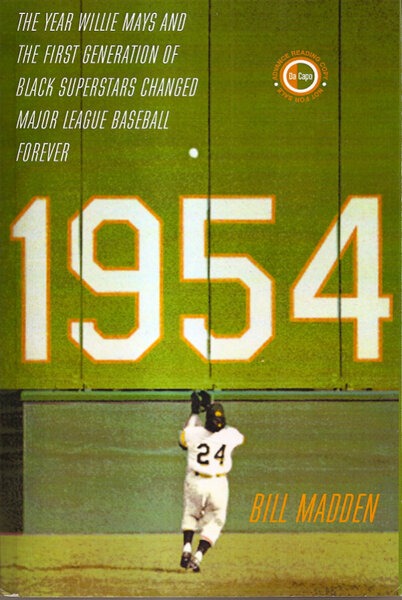Bill Madden
Da Capo Press
320 pages
“Growing up in the poor section of Mobile, Alabama, [Hank] Aaron picked cotton on a farm and delivered twenty-five-pound blocks of ice as a youth, jobs he later said possibly helped in greater strengthening his hands and wrists. At Central High School he was a two-sport star in baseball and football, and he turned down several football scholarships to pursue a career in baseball. He signed his first pro contract as a junior in high school with the Mobile Black Bears, an independent Negro League Team. Then, in November of 1951 he signed with the Indianapolis Clowns of the Negro American League. In twenty-six games for the Clowns he hit .366, with fiver homers, thirty-three RBI, and nine stolen bases. The major league scouts took notice, a half dozen of them following the Clowns for the first part of the season. Two of them, Dewey Griggs of the Braves and Alex Pompez of the Giants, implored their teams to offer him contracts. As Aaron related, ‘I had the Giants’ contract in my hand and was ready to sign it, but they wanted to give me an A-ball contract with a C-ball salary. Then the Braves came in with an offer starting me off in C ball but with a B-ball salary. So for the difference of $100 a month, I could’ve been teammates with Willie Mays. Imagine that. I often wonder if the Giants had both me and Willie in their outfield if they’d ever have been able to move to San Francisco in [1958].”







